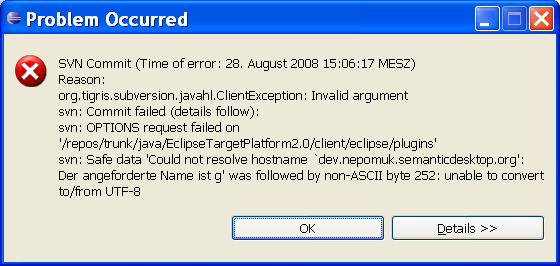Horray: Nepomuk and KDE to introduce the semantic desktop, an Article by Bruce Byfield on August 26, 2008 on Linux.com.
Read the article:
http://www.linux.com/feature/144853
Here is the beginning lines:
If you follow technology trends, you have probably heard of the semantic desktop — a data layer for annotating and sharing the information in your computer. But what you may not be aware of is that the semantic desktop is not a distant goal, but scheduled to arrive at the end of 2008. And, when it does, the idea will probably be implemented through the work done by the Nepomuk project, and, most likely, by KDE first.
Ansgar Bernardi, deputy head of the Knowledge Management Department at Deutsches Forschungszentrum für Künstliche Intelligenz (DFKI, or the German Research Center for Artificial Intelligence) and Nepomuk’s coordinator, explains, “The basic problem that we all face nowadays is how to handle vast amounts of information at a sensible rate.” According to Bernardi, Nepomuk takes a traditional approach by creating a meta-data layer with well-defined elements that services can be built upon to create and manipulate the information.
“The first idea of building the semantic desktop arose from the fact that one of our colleagues could not remember the girlfriends of his friends,” Bernard says, more than half-seriously. “Because they kept changing — you know how it is. The point is, you have a vast amount of information on your desktop, hidden in files, hidden in emails, hidden in the names and structures of your folders. Nepomuk gives a standard way to handle such information.”
I like the part about the forgetting colleague 😉
Well, now I at least remember the name of my wife….
Its good to be able to tell a story that connects to daily life problems, a seldom moment where a Semantic Web app solves a common problem 😉



